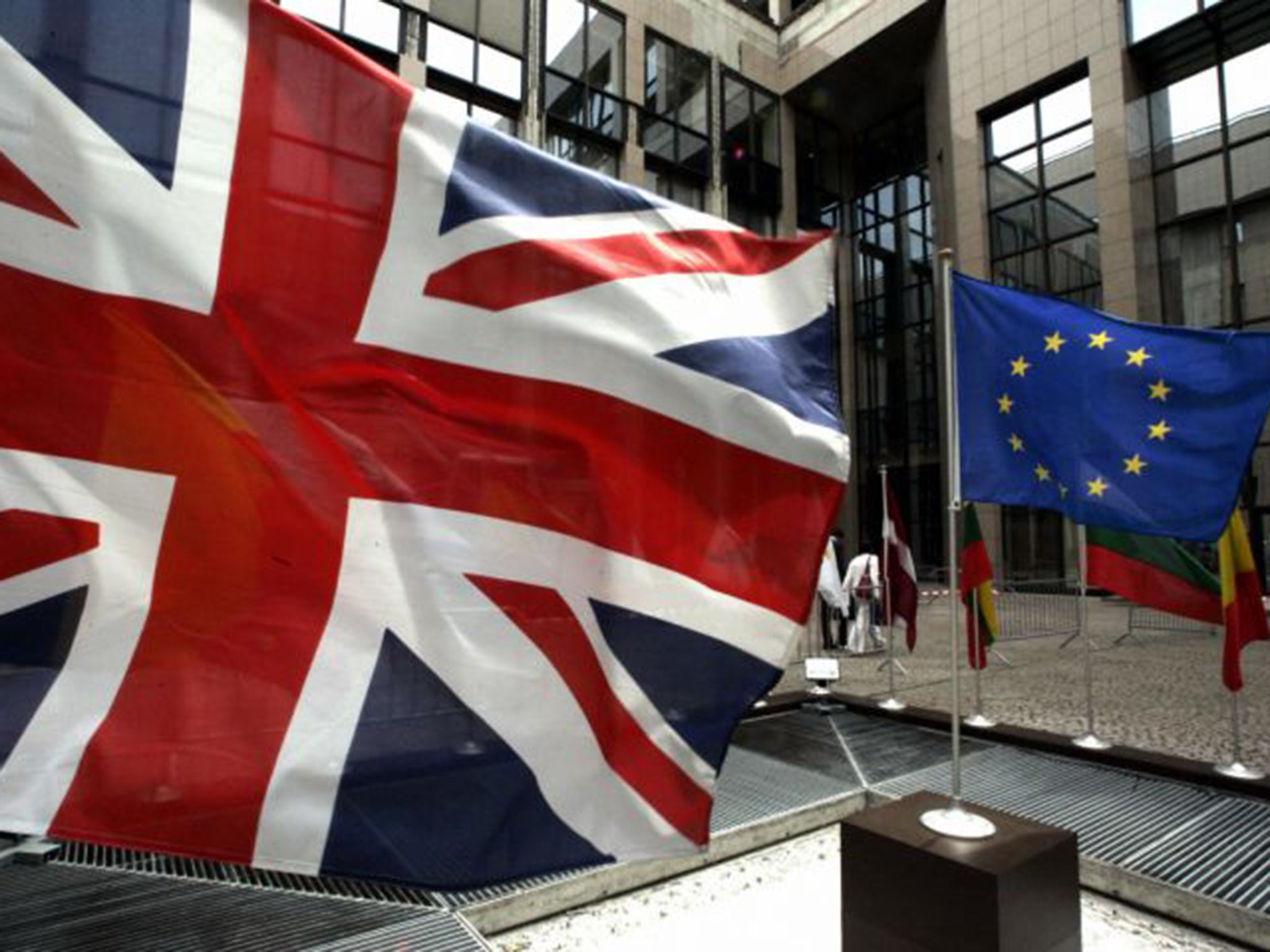EU referendum: David Cameron’s touted EU deal could face legal challenge, experts warn
Plans to limit benefits to those who have worked for four years would be offset for Britons by possible ‘voucher’ scheme

David Cameron’s reported plan to secure a referendum-winning deal with the European Union, which would allow Britain to limit benefit payments to migrant workers, could be overturned in the European Court and trigger a second in-out vote on EU membership, leading think tanks and academics have warned.
It was reported last week that European leaders are on the verge of agreeing a deal whereby Britain would withdraw benefit payments to all workers, including Britons, for their first four years in the job market. The political impact for Britons would be softened by a controversial “social payment”, in the form of some sort of voucher or other asset.
However, a senior academic has warned that while such a deal could be agreed at an intergovernmental level, it could later be deemed illegal under EU treaty laws.
Professor Steve Peers of the University of Essex, an expert on EU law and constitutional affairs, said if Mr Cameron delivered “a quick fix” that was later seen to have influenced the referendum and kept Britain in the EU, it was likely to be challenged in the European courts. Professor Peers warned that if there was no move to bring benefit changes inside the EU treaties, a legal challenge could follow.
He said: “If the court [EU] agreed that Britain was still discriminating against migrant workers, this could be portrayed by the losing side as a con, and that we voted to stay in Europe on a false premise. Calls for a second referendum in that case would be hard to avoid.”
With 18- to 22-year-olds directly affected by the proposed four-year condition, The Independent on Sunday has been told that Whitehall’s EU negotiators have discussed a compensation package for them.
Future education “vouchers” that could be traded for college fees, and other effective “backdoor” social payments including potential advanced payments for home and child care, which would not contravene EU treaty rules on parity for all workers, have been put on the table.

Jonathan Portes, the former Downing Street economist who is a principal research fellow at the National Institute of Economic and Social Research, said the Government had abandoned its original plan to simply stop EU workers getting tax credits for four years.
“That was illegal and they haven’t found a way round it,” said Mr Portes. He said that although changes to migrant benefits would have little effect on the numbers coming to Britain, Downing Street was using a potential victory on it as a “smokescreen”. He added: “The idea that the PM really thinks this is the key, that this will make a difference to Europe being good or bad for Britain – everyone knows that is not true. EU citizens will base their decision on coming to Britain on the basis of jobs and wages, how well their friends are doing, the job opportunities in Warsaw, Madrid, wherever.”
Although Mr Portes said the negotiations on benefit payments were of a lesser order of importance than trade, investment, free movement of labour, or the EU’s relations with Russia or China, those keen to see Britain remain in the EU “had to give the PM something”.
Charles Grant, the director of the Centre for European Reform, said that as long as any voucher system could be portrayed as being outside the conditions of employment, it could be deemed legal and “help young Brits avoid getting clobbered by the EU deal”, and thus be politically useful to Downing Street.
Mr Cameron’s intention to make non-British workers wait four years before claiming in-work credits, is regarded as the most difficult of a four-part deal with Europe that he believes will swing the referendum towards Britain staying in the EU.
The other, less contentious demands are a statement that Britain will be kept apart from further moves towards a European superstate; an agreement that the euro is not the official currency of the EU, with the pound officially protected; and new powers given to national parliaments to stop unwanted directives from Brussels being handed down.
With France and Germany seeming relaxed on the UK demands on the euro, the issue of a superstate, and limitations on Brussels’ power, Mr Cameron has recently focused on the concerns of eastern European nations that their workers will be sacrificed to keep Britain in the club. Last week in Budapest, Hungary’s Prime Minister, Viktor Orban told Mr Cameron that his country would not accept any regime that discriminated against his citizens.
Stephen Booth, the co-director of the Open Europe think tank, said that although eastern European member states remained an obstacle for Mr Cameron, countries such as Hungary and Poland recognised the clear threat and effect of a British exit. He said: “These countries recognise that if the UK were to leave the EU, they’d probably be in a lot worse shape.”
Additional reporting by Lucy White and Susannah Coen
Join our commenting forum
Join thought-provoking conversations, follow other Independent readers and see their replies
Comments
Bookmark popover
Removed from bookmarks